Much learning shows how little mortals know; Much wealth, how little worldlings can enjoy
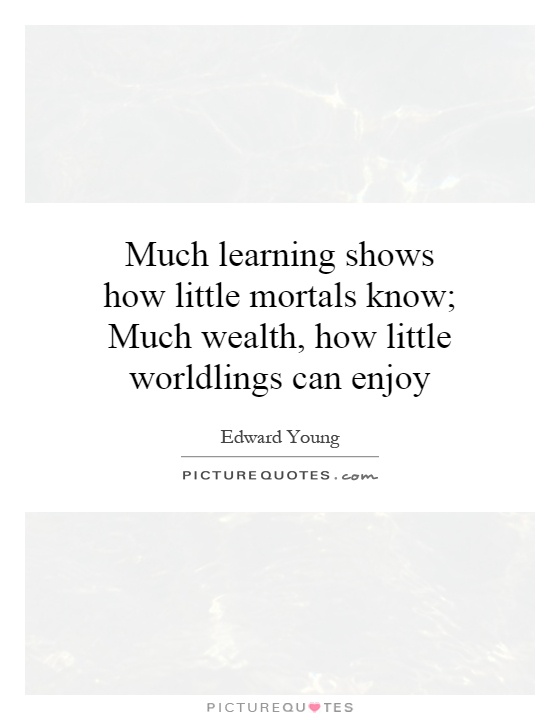
Much learning shows how little mortals know; Much wealth, how little worldlings can enjoy
Edward Young was an English poet and playwright who lived during the 18th century. He is best known for his work "Night Thoughts," a series of poems that explore themes of mortality, the afterlife, and the human condition. In this context, the quote "Much learning shows how little mortals know; Much wealth, how little worldlings can enjoy" takes on a profound meaning.Young's quote speaks to the idea that despite all of our efforts to acquire knowledge and wealth, we are ultimately limited in our understanding and ability to truly enjoy the fruits of our labor. The pursuit of learning and wealth can be all-consuming, leading us to believe that we are gaining a deeper understanding of the world and achieving a higher level of happiness. However, Young suggests that this is an illusion, as true wisdom and contentment are not found in the accumulation of knowledge or material possessions.
The first part of the quote, "Much learning shows how little mortals know," highlights the paradox of knowledge. The more we learn, the more we realize how much there is still to discover. Despite our best efforts to uncover the mysteries of the universe, we are constantly confronted with the limits of our understanding. This can be a humbling realization, as it reminds us of our own mortality and the fleeting nature of human existence.
The second part of the quote, "Much wealth, how little worldlings can enjoy," speaks to the emptiness of material wealth. While money and possessions can provide temporary pleasure and comfort, they are ultimately fleeting and unsatisfying. Worldly pleasures are often superficial and do not bring lasting happiness or fulfillment. Young suggests that those who are consumed by the pursuit of wealth are missing out on the true joys of life, such as love, friendship, and spiritual fulfillment.


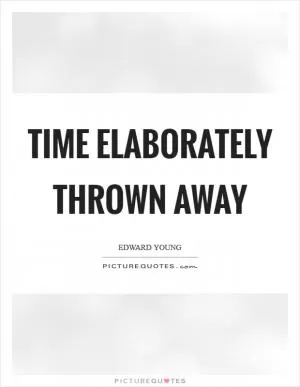

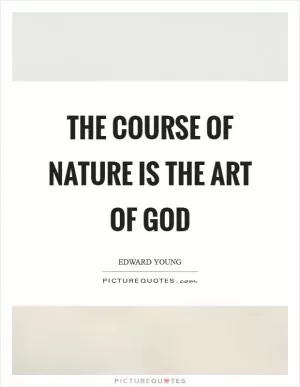

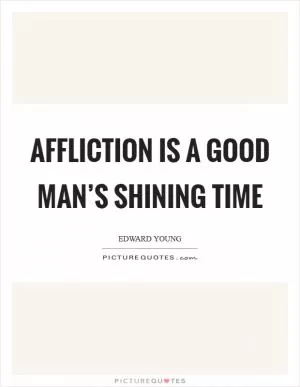
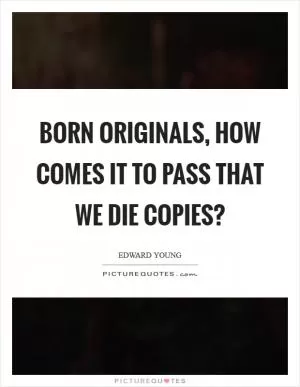
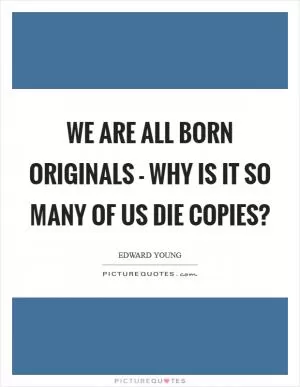
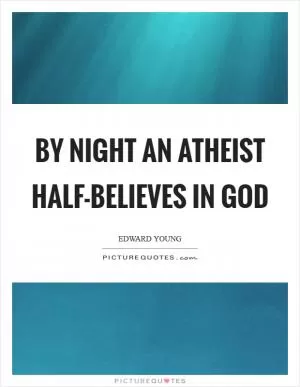


 Friendship Quotes
Friendship Quotes Love Quotes
Love Quotes Life Quotes
Life Quotes Funny Quotes
Funny Quotes Motivational Quotes
Motivational Quotes Inspirational Quotes
Inspirational Quotes